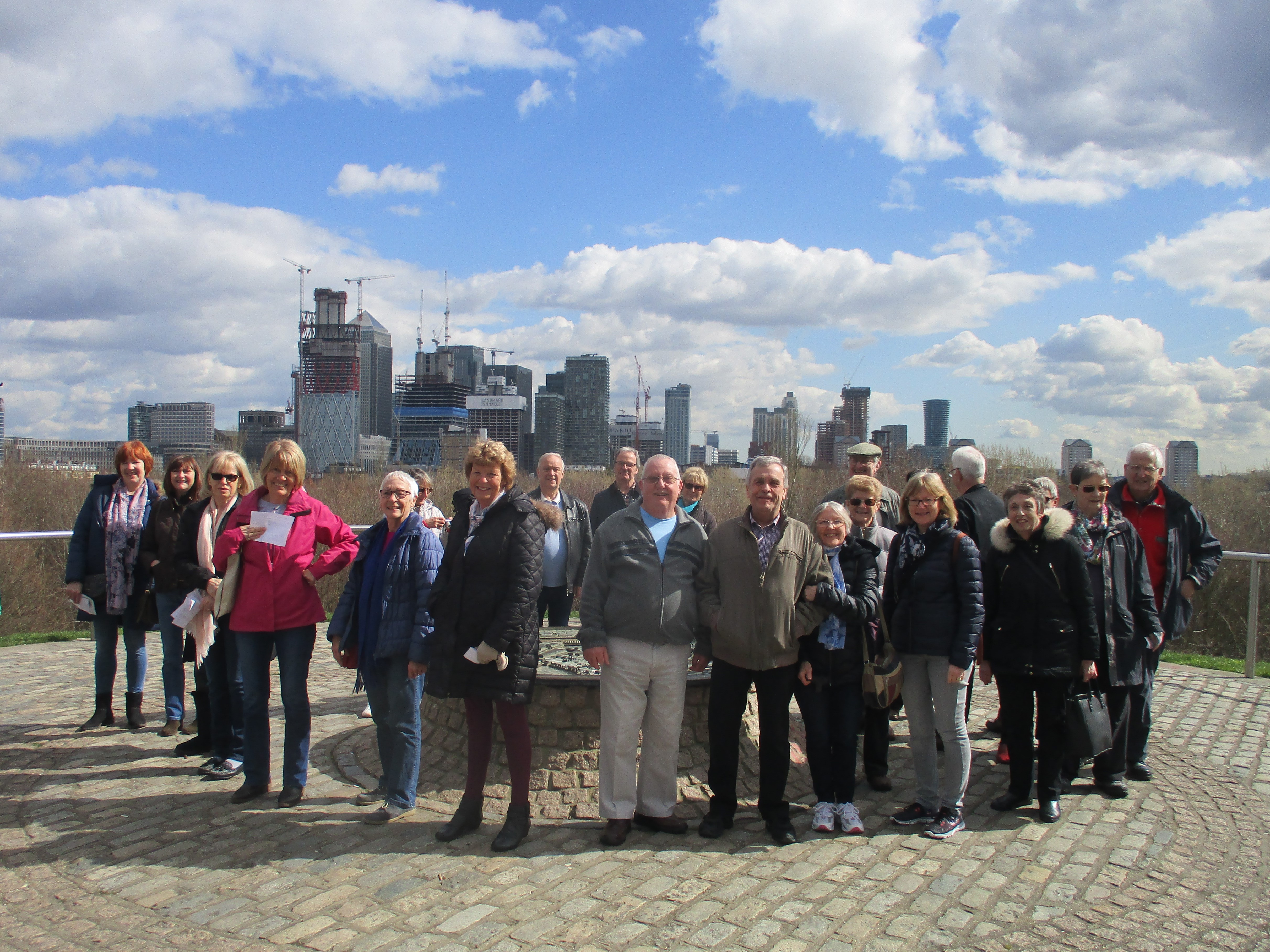Life at a distance
Many people who join my walks or come to the talks often tell me about their own background and upbringing as well as the lives and fortunes of ageing relatives or those that have passed on. Some of my presentations – notably POUNDS, SHILLINGS AND POVERTY – touch on stories and circumstances that involve their own grandparents and great grandparents.
We have the extraordinary advance of technology to thank for giving us the opportunity to look back at a time when people lived in desperate circumstances and suffered great hardship. It is therefore ironic that I write this article at a time when people and families all over the world are suffering desperately from the effects of Coronavirus.
If boredom and daytime television are already causing frustration and irritation then it may be time to look back at the lives of those who went before us. Use this time to research your family history, look back at old photographs and documents, talk or exchange messages with distant cousins, uncles and aunts and try to get a picture of what it was like for your ancestors to face similar hardships.
And it was a struggle for them. Without the benefit of vaccines, blood testing, advanced medical knowledge and support, thousands died in the cholera outbreaks from the 1830s onwards. Typhoid, smallpox, scarlet fever, measles, rickets, cancer – the list can be long and painful. There was no immunity and few medical remedies.
Cholera was considered a miasma, an airborne disease causing by rotting rubbish and the stench was appalling in hot weather. It was transmitted from close contact with people especially in the crowded homes of the poor and busy streets and factories. Science and medical progress eventually established that it was caused by the way lives were led – and polluted water.
I have just been looking at my DNA results from Ancestry.com and have been intrigued to learn that I am 14% Jewish and 3% Swedish. It was a surprise, especially the Swedish connection, ‘Social distancing’ may actually provide the time to find out more about where I came from!.
But it shouldn’t be an exercise in seeing how far back we can go. Look at what has happened to all of us since the second World War and how many of the changes have been taken for granted. No-one at school told me that a man would set foot on the moon before the end of the century. That was a mega event but what about the personal and seemingly irrelevant moments in all our lives. We forget many of them but they will become increasingly important to future social historians.
For example, I have found an old folder which shows that in 1963, three years after our marriage, Pat and I paid less than £2,500 for a two bedroom bungalow. There are receipts, notes from the solicitors and other paperwork which could have been discarded years ago. But they have survived, a bit faded, to reveal much about our day to day, year to year existence.
Photographs can tell us such a lot; often memories that are lodged in the recesses of the mind and need a jolt. A black and white picture, can bring old stories and anecdotes to the surface. This could take us all back to when 9 inch television screens showing black and white programmes were almost miraculous. Remember the Ford Cortina and riding on steam trains and trolley buses?
If you talk about this to the older members of your family and find a hoard of photographs from long ago then once life returns to normal, we can get out and maybe visit to familiar places in and around London. Meanwhile, it offers the chance to make better use of my time while confined to this house. I am spending the days at the computer and thumbing through some fascinating London books for material to help me create new walks.
And finally, think who will get the benefit of all this detective work you do into family history.. You will find it rewarding but unlikely to reveal anything significant. But when your grandchildren and great grandchildren see the pictures and read the notes and stories they will, most likely, be curious and even enthralled.
So I dedicate this part of my blog to my great grand-daughter little Iris, born in February 2020 and currently only interested in sucking up to the pleasure of regular intakes of food and showing very little interest in the cuddly compliments of adult admirers who log in to WhatsApp.
Fast forward 80 years. When the 22nd century approaches, little Iris could well be looking back at pictures and swapping stories about her ancestors trying to explain to her grandchildren about how hand-held mobile telephones changed our lives, houses once cost less than £1 million, Uber taxis and social distancing. What do you mean, Grandma, social distancing?
